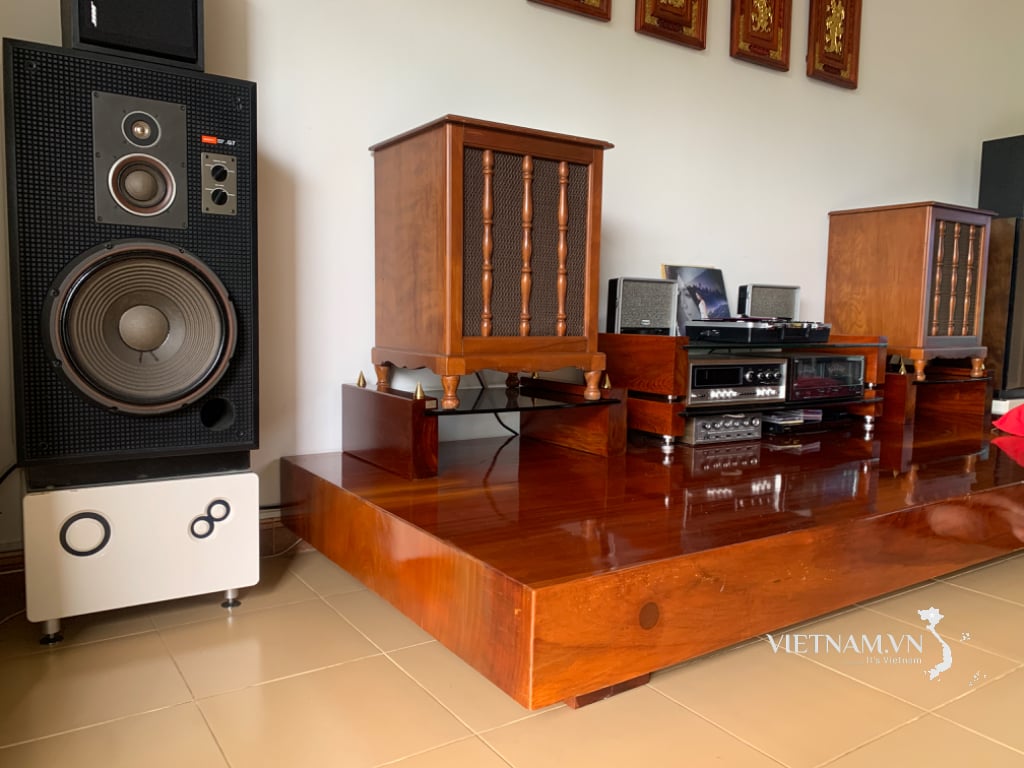Important physiological changes that occur at night are heart rate, blood pressure decrease, and sympathetic nervous system activity decreases, according to the health website Medical News Today (UK).

Paroxysmal nocturnal dyspnea may be due to the heart pumping blood less efficiently.
PHOTO: AI
Specifically, a drop in heart rate and blood pressure during sleep is harmless in healthy people. However, in people with weak heart function, this can prevent blood from being pumped to essential organs.
Meanwhile, reduced sympathetic nervous system activity also reduces the body's defense response to dangerous heart rhythm disturbances. In addition, lying down increases pressure on the heart and lungs, causing more fluid to accumulate in the lungs, causing difficulty breathing at night.
A study from the European Heart Journal found that sudden cardiac arrest is more likely to occur at night in patients with arrhythmias or chronic heart failure, especially if blood pressure and cholesterol are not well controlled.
Many symptoms of early-stage heart failure are most evident at night. However, these symptoms are often confused with fatigue, difficulty sleeping, or personal habits. Specifically, the symptoms are shortness of breath when lying down, paroxysmal nocturnal dyspnea, frequent urination at night, nighttime cough or wheezing, and morning fatigue.
In particular, difficulty breathing when lying down will cause the patient to have to prop up a pillow or sit up to sleep to breathe easily. This is a typical sign of fluid accumulation in the lungs due to the heart pumping blood inefficiently. Meanwhile, paroxysmal nocturnal dyspnea causes the patient to suddenly wake up from sleep due to suffocation. They have to sit up to breathe. This is a warning sign of progressing heart failure.
To limit the risk of cardiac arrest at night, people need to take measures to take care of their heart health, especially those over 40 years old, with a history of high blood pressure, diabetes or obesity. Specifically, experts recommend regular health check-ups, reducing salt intake, avoiding alcohol, coffee or smoking before going to bed. If you have sleep apnea, you need treatment, according to Medical News Today .
Source: https://thanhnien.vn/dau-hieu-nao-canh-bao-nguy-co-dot-tu-do-ngung-tim-vao-ban-dem-185250809162550668.htm




























![[Photo] Prime Minister Pham Minh Chinh attends the opening ceremony of the National Data Center](https://vphoto.vietnam.vn/thumb/1200x675/vietnam/resource/IMAGE/2025/8/18/b5724a9c982b429790fdbd2438a0db44)





































































Comment (0)